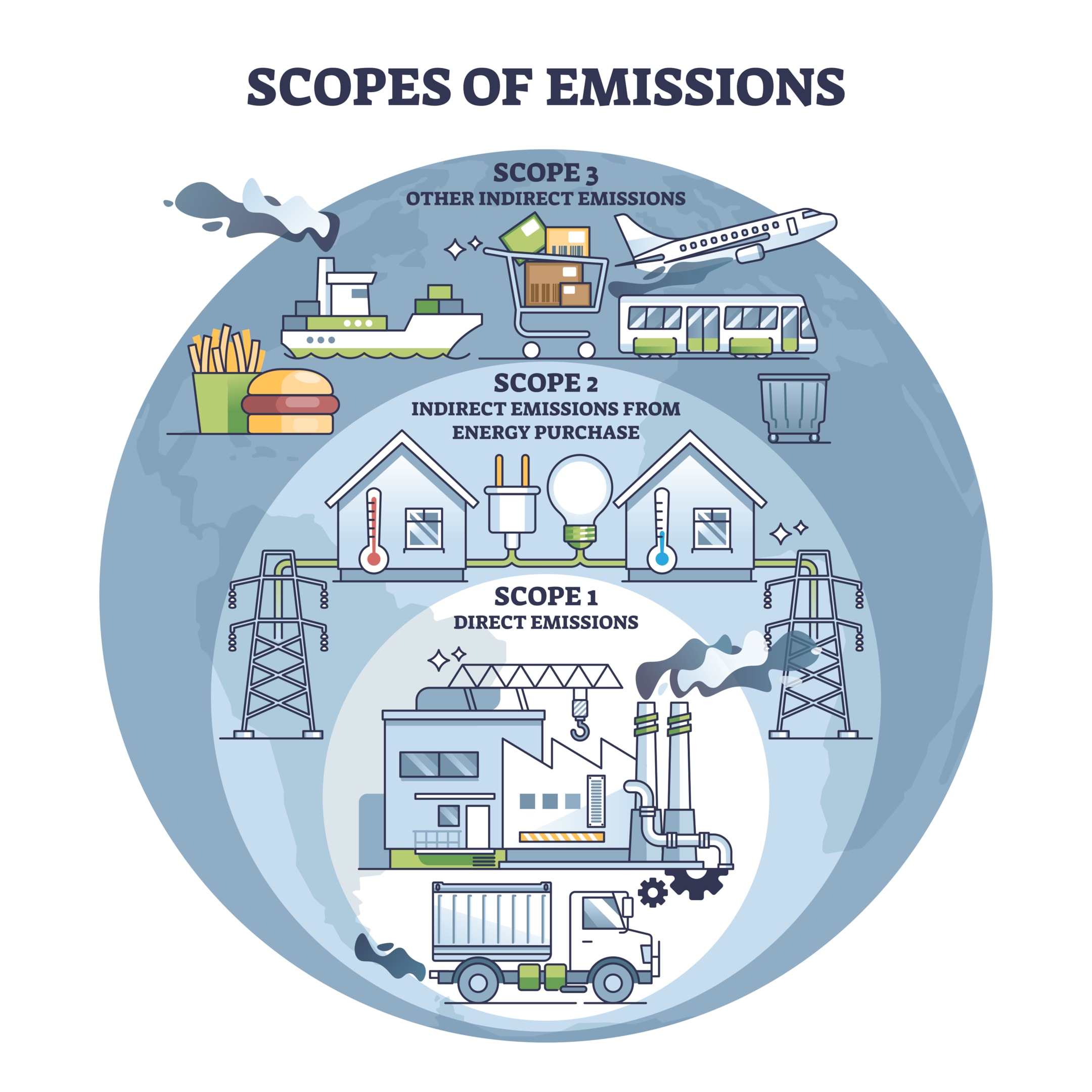
Introduction to the Carbon Reduction Plan
What is the Carbon Reduction Plan?
The Carbon Reduction Plan UK is a comprehensive document that outlines a company’s commitment to reducing greenhouse gas emissions, reduce carbon footprint and achieving net zero emissions by 2050. This plan is a mandatory requirement for companies bidding for public sector work in the UK, as mandated by the Procurement Policy Note (PPN) published by the Cabinet Office in June 2021. The carbon net plan details the strategies and actions a company will take to minimize its carbon footprint, aligning with the UK’s ambitious climate goals.
Importance of Reducing Greenhouse Gas Emissions
Reducing carbon emissions is crucial to limit global warming and combat climate change. The UK government has set a target to achieve net zero emissions by 2050, a goal that requires the collective effort of all sectors, including businesses.
By actively reducing their greenhouse gas emissions, companies can contribute significantly to this national target, helping to prevent the severe environmental consequences of climate change. Additionally, taking proactive steps to reduce emissions can enhance a company’s reputation, attract eco-conscious consumers and investors, and ensure compliance with evolving regulations.
Meeting the Reporting Requirements
Setting emission reduction targets
To align with the Carbon Reduction Plan, companies must set specific, measurable, and achievable targets for reducing their greenhouse gas emissions. These targets should cover key timeframes and outline a clear pathway to achieving net zero emissions by 2050. By establishing concrete goals, businesses can track their progress, make necessary adjustments, and ensure continuous improvement in their sustainability efforts.
Scope of Emissions Reporting (Scope 1, 2, and 3)

Accurate emissions reporting is a critical component of the Carbon Reduction Plan. Companies must report data on their Scope 1, 2, and 3 emissions:
- Scope 1: Direct emissions from owned or controlled sources, such as fuel combustion on-site.
- Scope 2: Indirect emissions from the consumption of purchased electricity, heat, or steam.
- Scope 3: These include all other indirect emissions within a company’s value chain, encompassing emissions from business travel, procurement, waste management, and water usage.
By comprehensively reporting these top emissions reductions, businesses can identify key areas for improvement and implement effective reduction strategies.
Achieving Net Zero Emissions
Commitment to achieving Net Zero emissions by 2050
Companies must formally commit to achieving net zero emissions by 2050, outlining a detailed plan for reducing their carbon footprint. This commitment should be endorsed by a representative of the company’s board of directors or an equivalent authority, ensuring accountability and support at the industry the highest level. A well-defined plan demonstrates a company’s dedication to sustainability and sets a clear direction for its carbon reduction efforts.
Role of Leadership in Achieving Net Zero Emissions
Leadership plays a pivotal role in the carbon budget and driving a company’s journey towards net zero emissions. The Executive Board must provide full support to the carbon reduction programme, leading by example and fostering a culture of sustainability throughout the organization.
Regular updates on the carbon reduction projects in progress and transparent communication of goals and achievements are essential to maintain momentum and engage all stakeholders in the mission to achieve net zero.
Reducing Carbon Emissions
Employee commuting and travel initiatives
Companies can significantly reduce their own carbon dioxide footprint by implementing sustainable commuting and travel initiatives. Encouraging employees to use public transport, carpool, or switch to electric vehicles can lead to substantial reductions in emissions. Additionally, promoting remote work and virtual meetings can minimize the need for business travel, further decreasing the company’s environmental impact.
Employee Learning and Behaviour Change for Carbon Reduction
Educating employees about the importance of reducing carbon emissions and providing training on sustainable practices are key measures to achieving long-term environmental goals.
Companies can offer workshops, webinars, and online resources to support employee learning and behavior change. By fostering a culture of sustainability, businesses can empower their workforce to contribute actively to carbon reduction efforts.
Implementation and Governance
Declaration and sign off for Carbon Reduction Plans
The Carbon Reduction Plan must be formally signed off by a representative of the company’s board of directors or equivalent authority. This sign-off ensures that the plan is backed by senior leadership and underscores the company’s commitment to sustainability. The plan should be reviewed and updated annually, with progress reported against emission reduction targets to maintain transparency and accountability.
Leadership and Governance for Carbon Reduction
Establishing a robust governance structure is essential for the successful implementation of a carbon reduction programme. Companies should define clear roles and responsibilities for achieving net zero emissions, ensuring that all levels of the organization are aligned with sustainability goals.
Effective governance structures facilitate the execution of carbon reduction strategies and ensure continuous progress towards net zero.
Funding and Support
Travel and transport initiatives for carbon reduction
Companies can access funding and support for travel and transport initiatives aimed at reducing carbon emissions. Grants and incentives for electric vehicle charging infrastructure and other sustainable transport solutions can significantly enhance a company’s carbon reduction efforts. By investing in these initiatives, businesses can accelerate their transition to low-carbon operations.
Training and Resources for Suppliers
To support their carbon reduction journey, companies can access a range of training, guidance, and resources. Webinars, workshops, and online materials can help suppliers measure and report their emissions accurately. Providing these resources ensures that all partners in the value chain are equipped to contribute to sustainability goals, fostering a collaborative approach to reducing carbon footprints.
Sustainability and Social Value

Importance of sustainability in achieving Net Zero emissions
Sustainability is a cornerstone of achieving net zero emissions. Companies must consider the environmental, social, and economic impacts of their operations, striving to maximize positive outcomes in each area. By integrating sustainability into their business practices, companies can enhance their reputation, attract eco-conscious stakeholders, and contribute meaningfully to the global fight against climate change.
Social Value in the Context of Carbon Reduction
In addition to environmental benefits, carbon reduction efforts can generate significant social value. Companies should aim to reduce waste, promote sustainable practices, and support local communities through their operations. By considering the social impacts of their activities, businesses can create a more equitable and sustainable future while achieving their carbon reduction goals.
NHS England’s Net Zero Commitment
Requirements for NHS suppliers
NHS suppliers must publish a Carbon Reduction Plan, demonstrating their commitment to achieving net zero emissions by 2050. Suppliers are required to set realistic targets for reducing their greenhouse gas emissions and provide a clear plan for reaching the net zero target. Compliance with these requirements ensures that suppliers align with NHS England’s sustainability objectives.
Assessment Methodology and Reporting Mechanism
The NHS will evaluate suppliers’ Carbon Reduction Plans using specific criteria, including the scope of emissions reporting and the robustness of emission reduction targets. Suppliers must establish a clear reporting mechanism to track progress and report regularly on their achievements. This transparency is essential for maintaining trust and accountability in the journey towards net zero emissions.
Conclusion
Recap of the Carbon Reduction Plan UK
The Carbon Reduction Plan is a critical initiative aimed at achieving net zero emissions by 2050. Companies must commit to reducing their greenhouse gas emissions, with a comprehensive plan that outlines specific targets and strategies. By embracing this framework, businesses can contribute significantly to the UK’s climate goals and foster a sustainable future.
Importance of Achieving Net Zero Emissions by 2050
Achieving net zero emissions by 2050 is essential for mitigating the impacts of global warming and climate change. Companies play a vital role in this endeavor by reducing their carbon footprints and supporting broader sustainability efforts. Through concerted action and commitment to carbon reduction, businesses can help create a healthier, more sustainable world for future generations.
